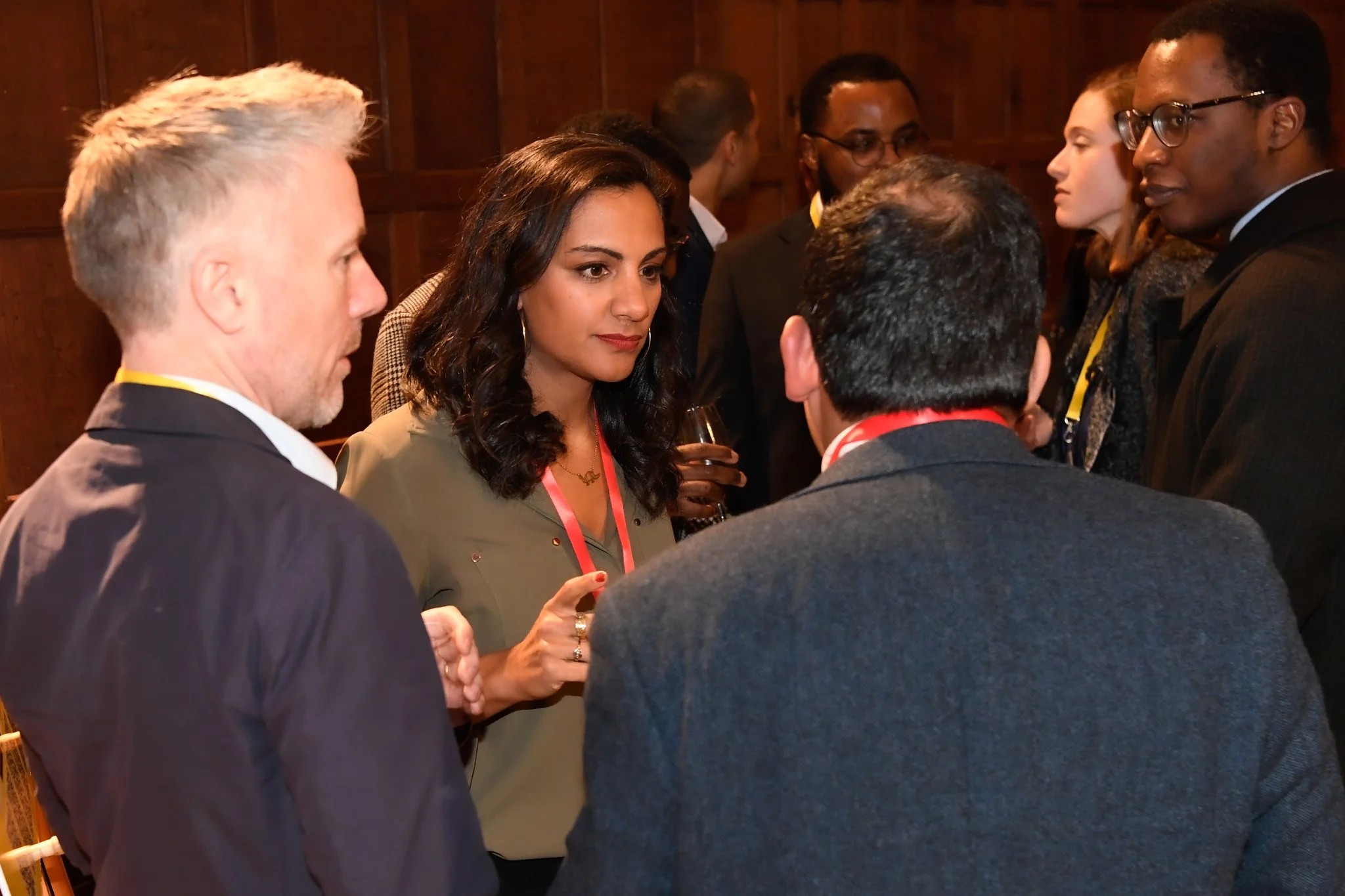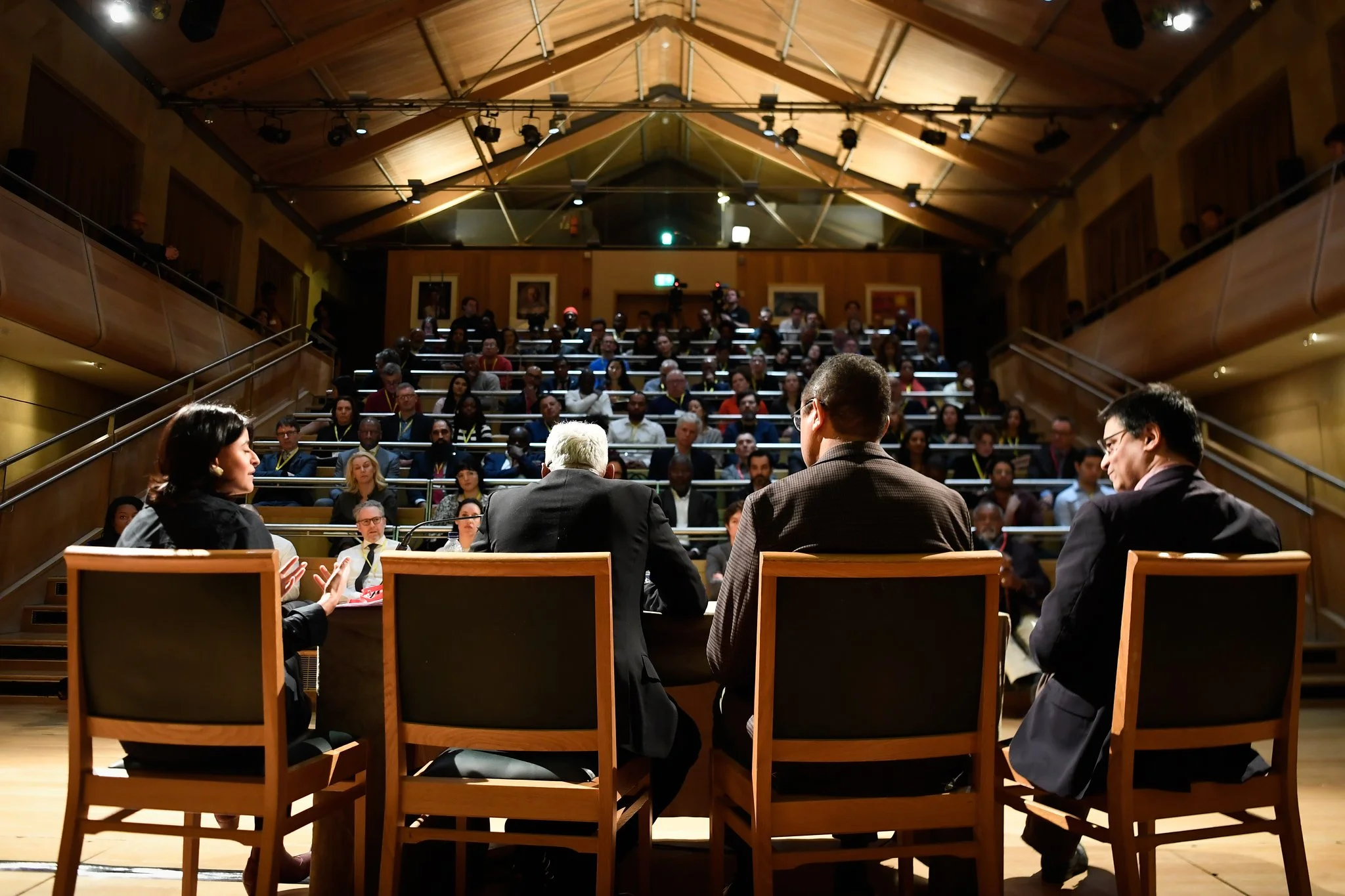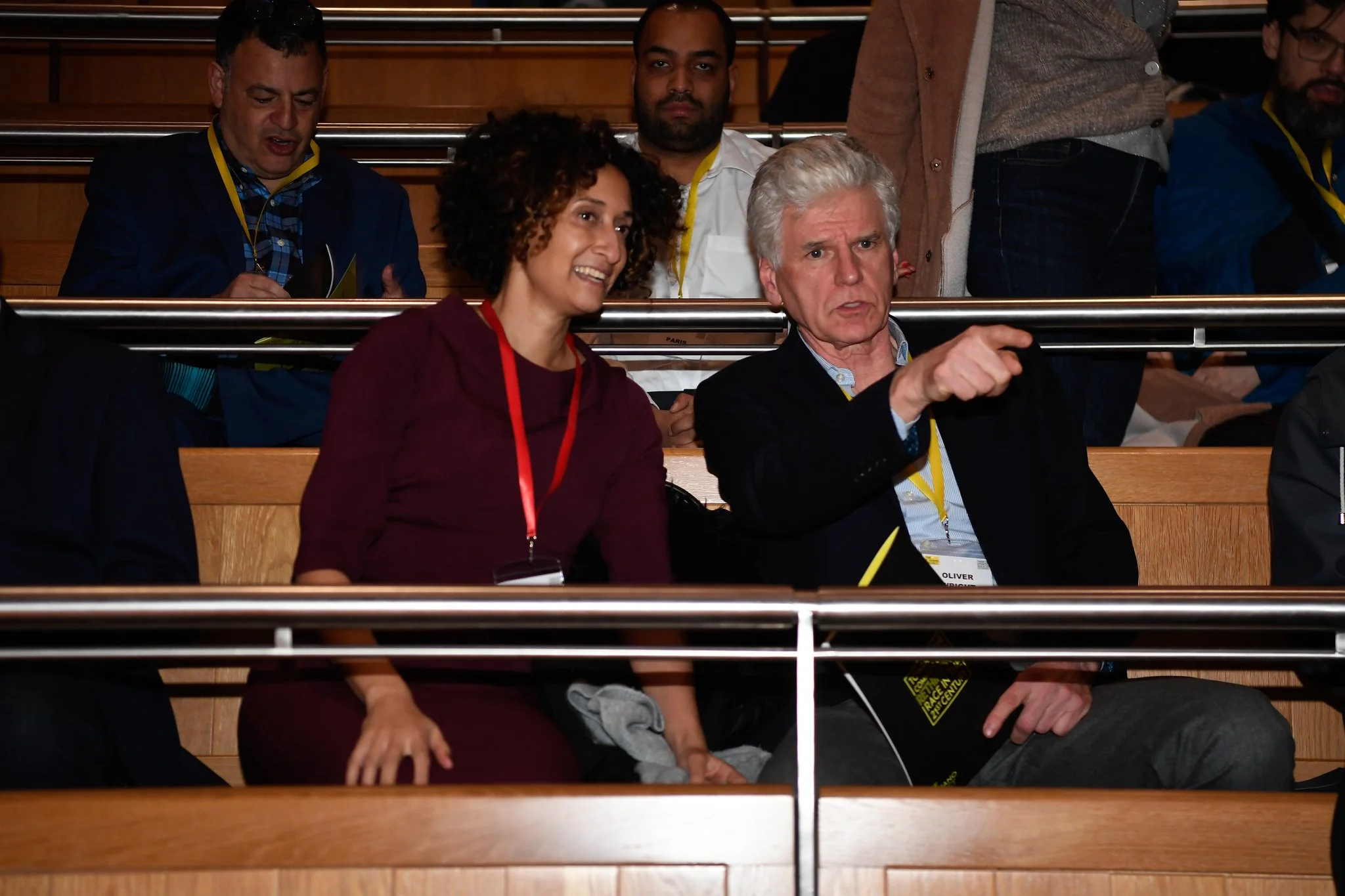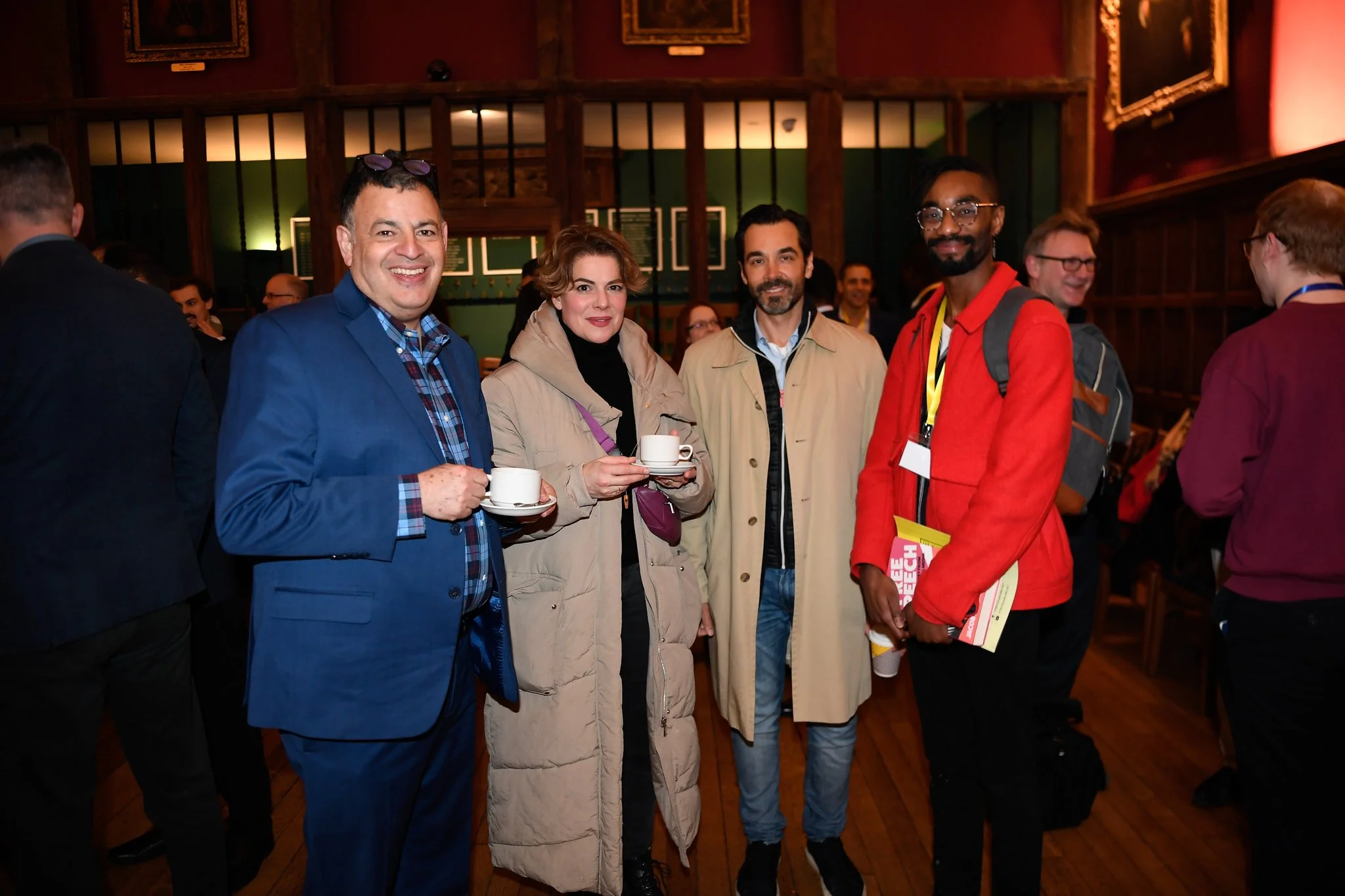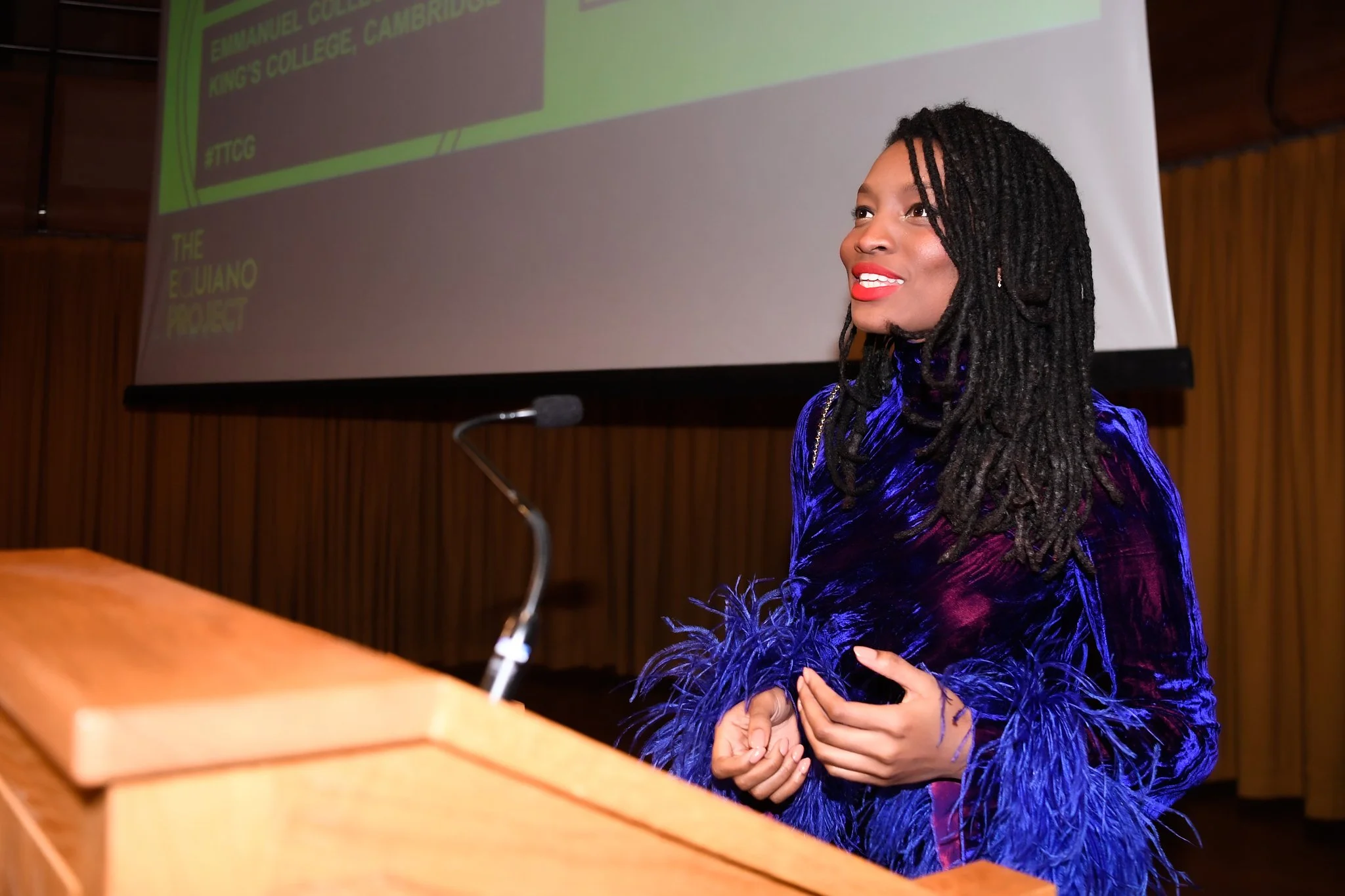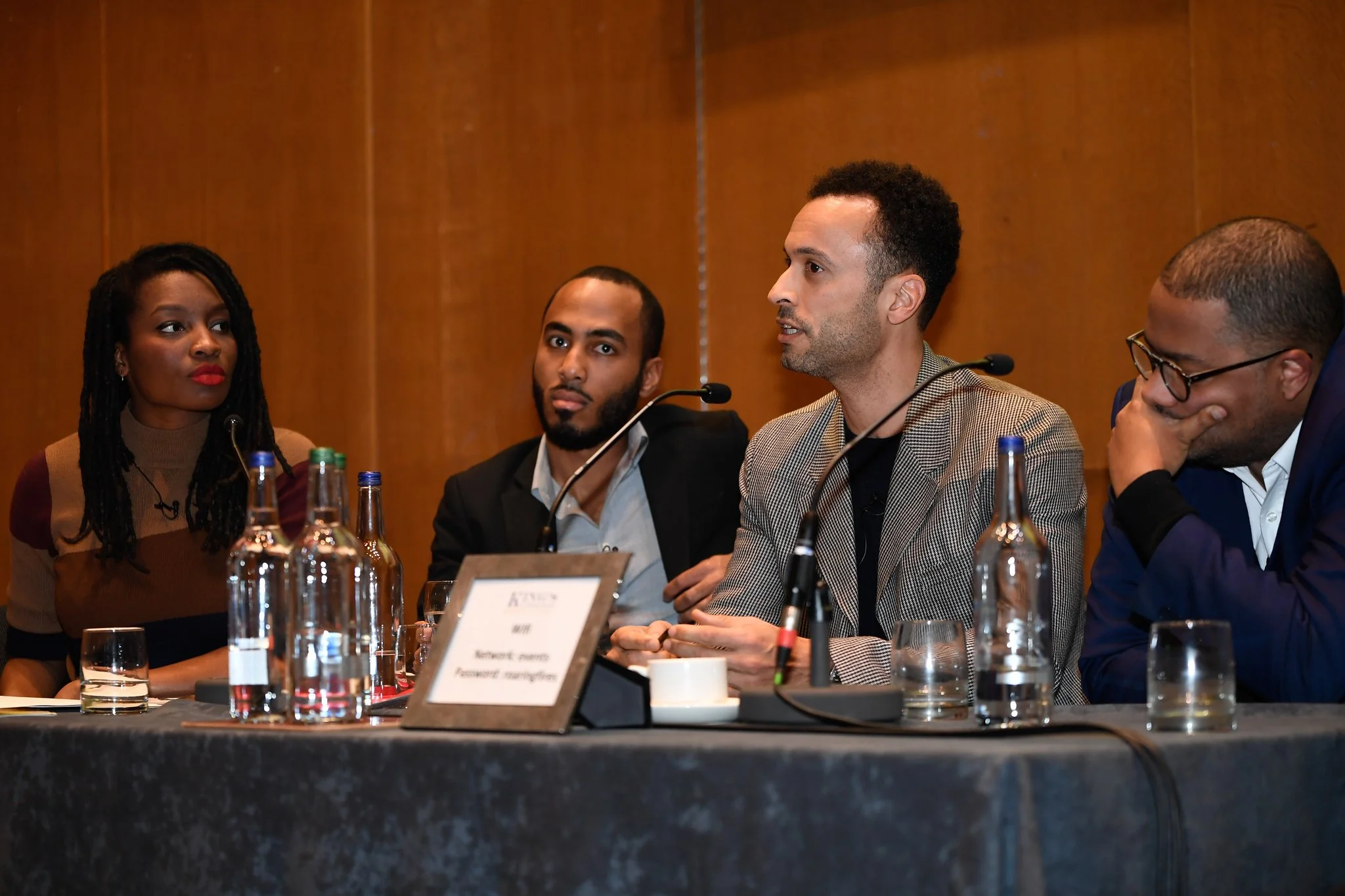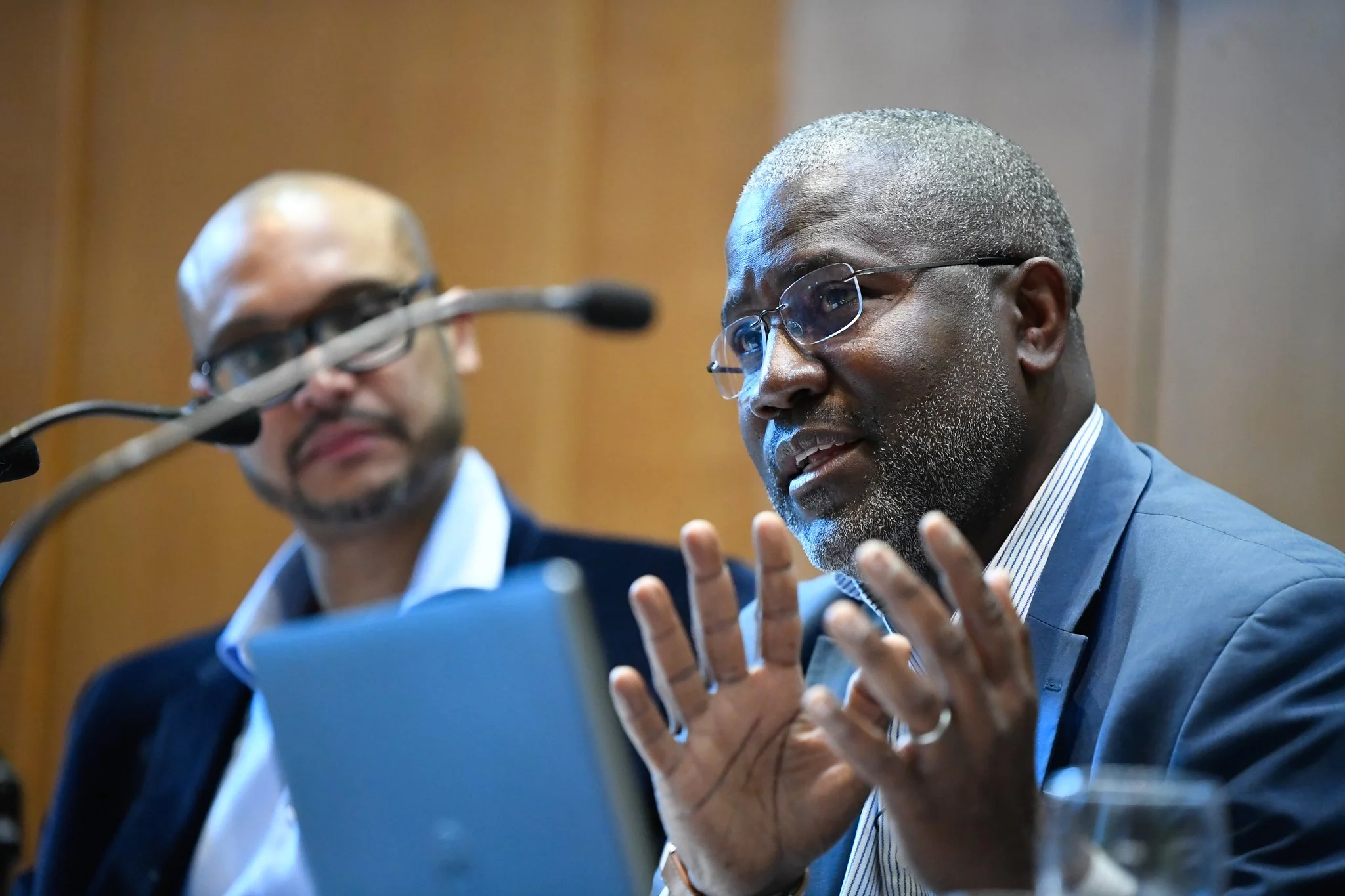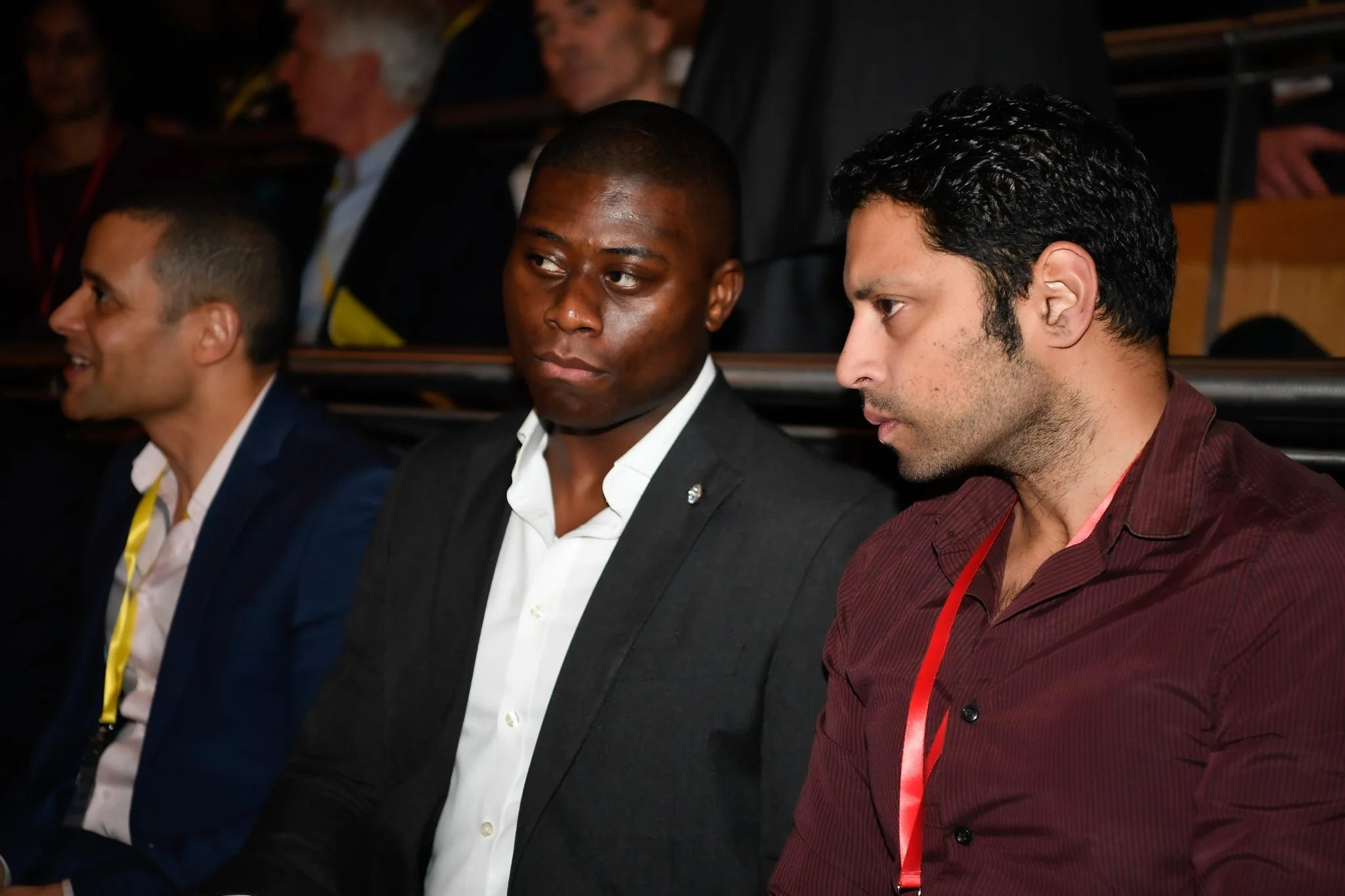Summary
Over two days, an invited group of leading, mainly ethnic minority, academics, writers, journalists, campaigners, business leaders, civil servants and educational professionals gathered at the University of Cambridge to discuss how to rethink racial politics and promote open discussion and civil discourse around the subject.
The event involved a series of panel discussions led by many of the most prominent and challenging thinkers on race, racism, identity politics, free speech, social mobility, education, and economics - from both sides of the Atlantic. This included Brown University Professor Glenn Loury, Columbia University Professor John McWhorter, Lord Tony Sewell CBE, former head of the EHRC Trevor Phillips OBE and Observer columnist Sonia Sodha. The discussions ranged from examining the central elements of the new anti-racism politics to debating how we practically improve the material lives of ethnic minority people. The full list of speakers and conference programme can be found here.
Whilst speakers and delegates were drawn from a wide range of political outlooks and traditions - liberal, conservative, Marxist and everything in between - what was shared was, as the New Statesman’s Tomiwa Owolade wrote in The Times, “an abiding faith in the irreducible dignity of every person. What they reject [was] the assumption that some racial groups should be treated like children.”
Several core themes emerged from the panel discussions and talks:
Many argued that today’s most dominant anti-racism narrative (outlined well here in Ian Leslie’s substack write-up of the conference) is creating more problems than it solves. Its suggestion that racism is embedded within society and its emphasis on racial difference is rooted in and re-producing suspicion, pessimism and defeatism about the possibility of social progress. Many argued that the narrative overlooks the very real progress that society has been on when it comes to improving equality and opportunities for all. It was widely felt that the new anti-racism politics seeks to racialise all aspects of social life, such as literature and education, creating new racial divisions and further entrenching old ones - reducing ethnic minority people to merely their racial identity. It was agreed that too many leaders were unclear of its detrimental effects on society or reluctant to push back against this narrative out of fear of reprisals.
From the discussions, many expressed concerns that today’s anti-racism places far too much emphasis on performative and symbolic gestures over the often long and arduous work of developing a sound social and economic critique. This leads to a lack of development of policies, programmes and organisations that genuinely improve the material lives of ethnic minority people.
It was also felt that too much focus was placed on what “white people” can do to help ethnic minority people, leading to the sidelining of the role that individual and community agency can play in upward social mobility. There was consensus on the need to reaffirm the importance of universal values - freedom of speech, tolerance, moral independence, and human dignity and a worry that the public debate has been far too narrow and polarised. Many felt the public debate was one-sided, with widespread institutional bandwagoning rather than a fair representation of the diversity of viewpoints on these issues.
Many speakers and delegates asserted that disparities in socioeconomic outcomes were not necessarily evidence of racial discrimination. It was agreed that more research, forums and work needed to be conducted to understand the reality, meaning and causes of racial and ethnic disparities. There was agreement that more research was also needed into the way that society is changing, such as the rise in mixed raced people and other demographic changes. But also that we should examine the models for success and how we replicate the, not solely focus on disadvantages.
A recurring point in the conference was that America is not Britain and that the American racial story was being wrongly applied in the UK, leading to the overlooking of the specificities of the British context. But both the UK and US participants agreed about the need to develop a new, more realistic and constructive narrative about race on both sides of the Atlantic, and to collaborate and build coalitions in order to do so.
All agreed that the conference would, hopefully, serve as a substantial contribution to developing this “new story”.

